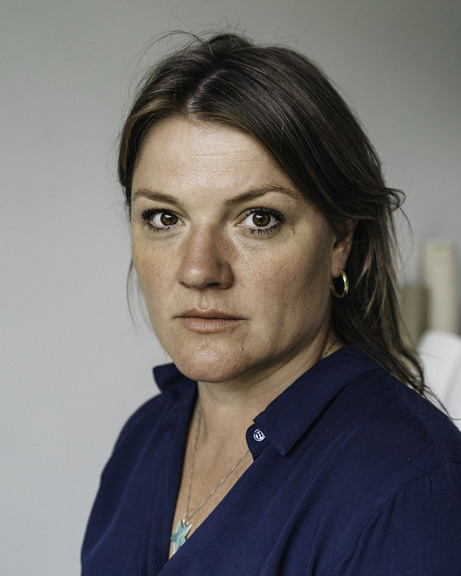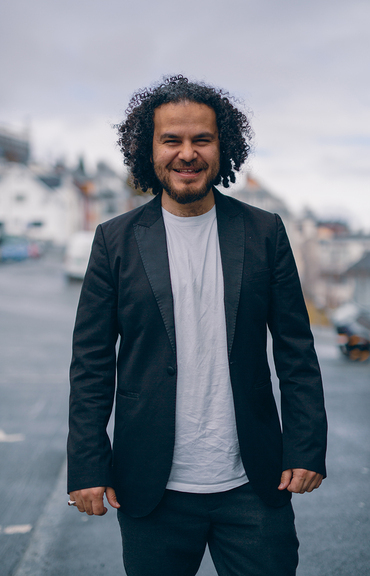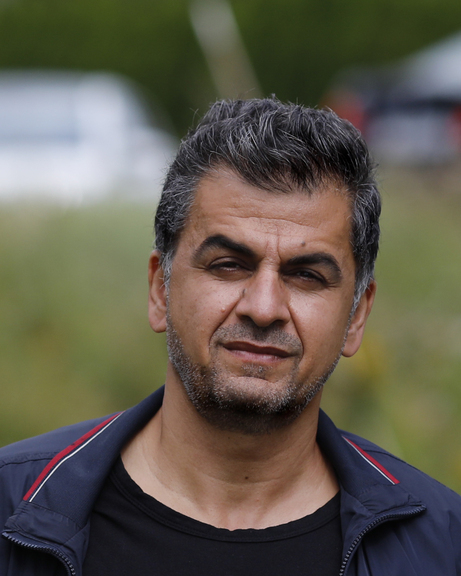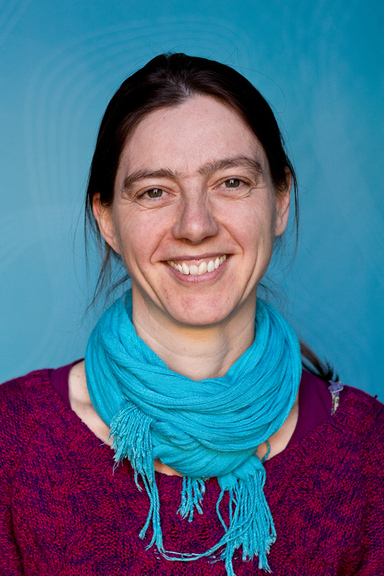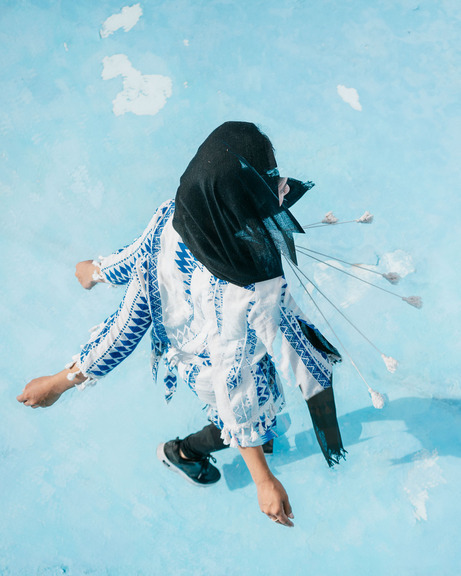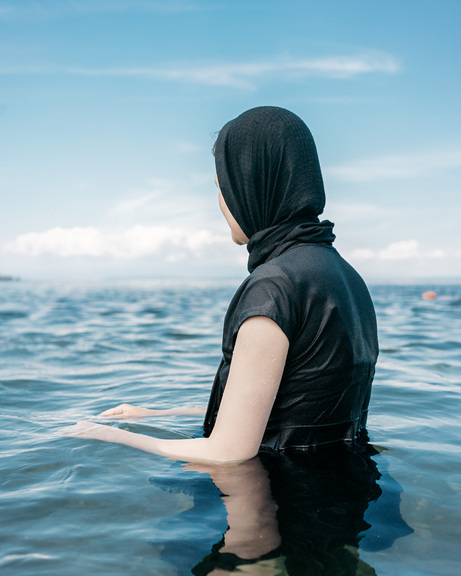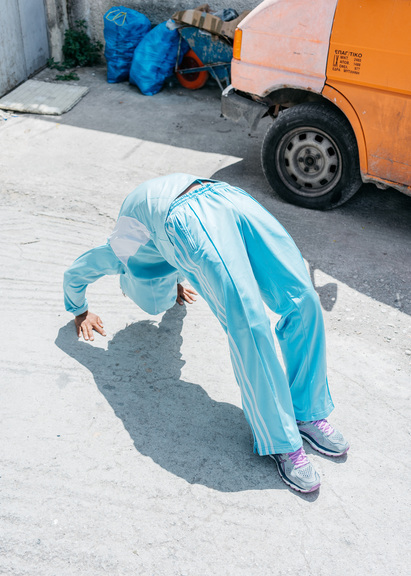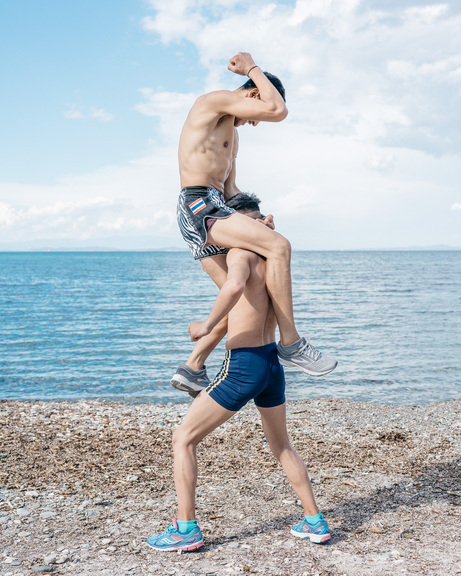Seminar/Conference
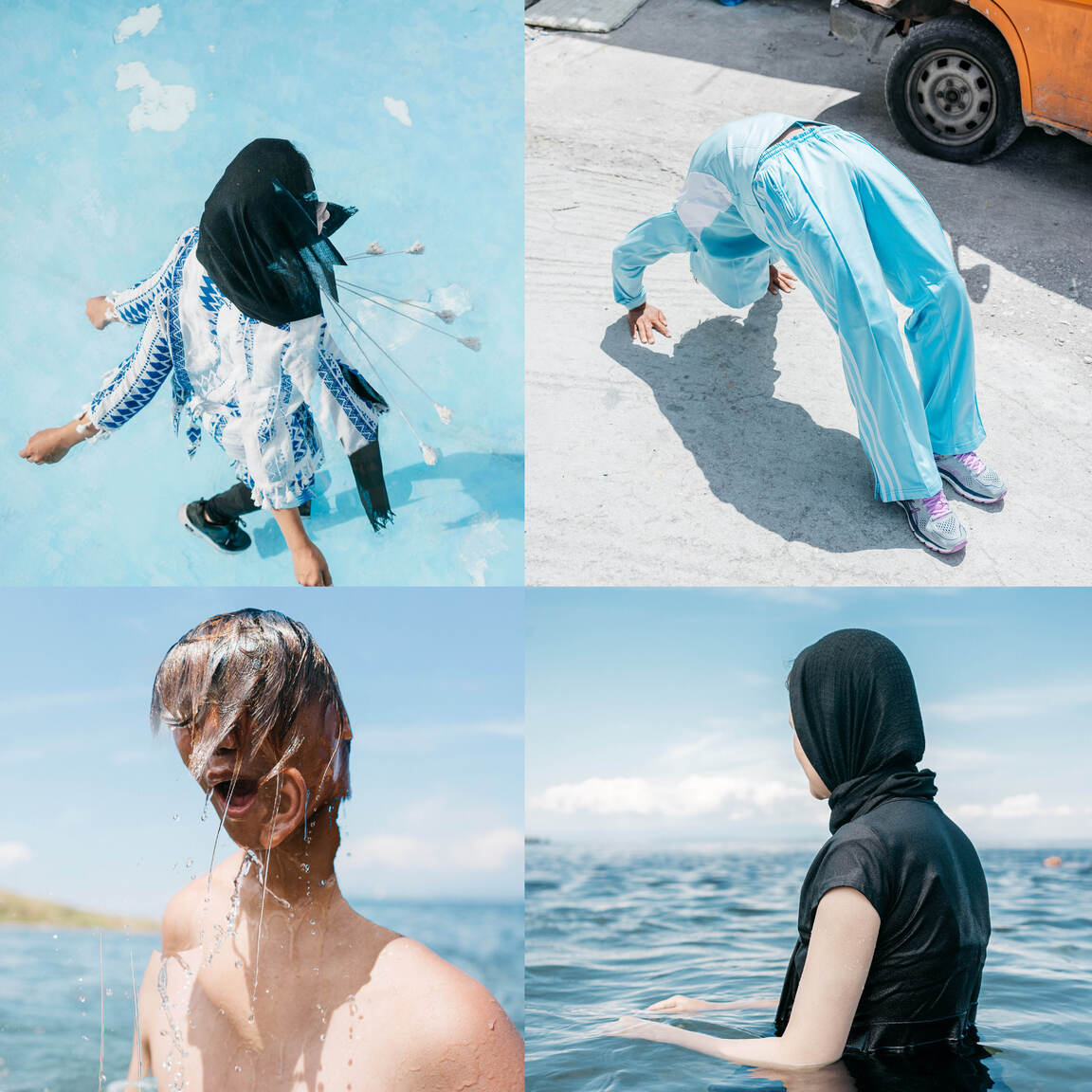
Agenda: Ei verd på randen / A world suspended
The world today, is perhaps a result of all that came before, but at the same time our contemporary is acted out before us – on a global scale – where we are spectators to something immediate, something felt and experienced now. And, perhaps, the reverberation of what has happened is felt more strongly now than before, in part due to the global reality we occupy in our present.
In this semesters first Agenda we will listen to four different perspectives—researchers, artists and filmmakers—on how war, social unrest, diaspora and the realities of that in our present might be faced, communicated, and dealt with through different mediums, strategies and platforms.
As I mentioned in the firs line of this text, that maybe, just maybe, our current situation is the result of that which has come before us. But history alone is no excuse for what is happening, it was never written in the stars or the earth. The second world war thus drew a line in our history, it changed our world, the way we thought about what actions people are able to commit, the maps were re-drawn, and as a consequence a large part of the population had to view the world differently, and themselves in it. Because how was one to find a home, find connection in a world so strange?
The Czech philosopher Vilém Flusser states in his essay Taking up Residency in Homelessness that the second world war, with its forced relocation and the flight to save ones life has for one resulted in a cultural homelessness, but also that this homelessness is also the person that can stand outside of the ruling culture, look in on it, and say something not only of the culture it has come from, but also shed some new light on the culture it is looking in on.
This homelessness is a given in todays global reality, where more and more people loos their homes, houses, some homes will disappear forever, names and borders wiped out and re-drawn so that they are forced into a liminal state for the rest of their lives. And it is in this world, and this time that this Agenda takes place, and will shed some light into how one might, through art and culture, reveal some of the global and personal realities that shape our world faced with war, homelessness, and social unrest.
For denne fyrste utgaven av semesterets Agenda so skal me få høyre frå fire ulike perspektiv – forskarar, kunsntarar og filmmakarar – kva krig, sosial uro, diaspora, og ikkje minst dei samtidige realitetene av det som har skjedd, kan håndteres og kommuniseres gjennom ulike teknikkar, medium og plattformer.
Program
09:30 Coffee
10:00 Welcome, Marius Moldvær
10:15 Cindy Horst
11:15 Mohamed Jabaly
12:15 Lunch
13:00 Hilde Honerud
14:00 Shwan Dler Qaradaki
14:45 QandA
15:15 The end
Cindy Horst
Cindy Horst is Research Professor in Migration and Refugee Studies at the Peace Research Institute Oslo (PRIO) and co-director of PRIO’s Centre on Culture and Violent Conflict (CCC). Her research focuses on how individuals – including artists and academics – try to effect societal change in repressive states and post-conflict settings. She works with life histories and explores the intersections between social sciences, humanities and the arts in order to combine methods that can study people’s actions, motivations and inspirations with arts-based methods that aim to explore embodied ways of knowing. In August this year she hosted an artist residency Repression – Expression // Violence – Creative Resistance, with Praksis Oslo and Motaz Al Habbash.
Mohamed Jabaly
Mohamed Jabaly is a Palestinian filmmaker and artist from Gaza City who came to Norway in 2014. His first full-length documentary “Ambulance” was shown at several of the world's largest film festivals.He won several awards, including One World Media as Best Feature Documentary at BAFTA (2017), BBC Arabic Young Journalist Award, SunBird Award at Days of Cinema in Palestine, FIPA D'or Award and Jury Award - as Best Documentary FIPA, Biarritz, France 2017.
Mohamed has held workshops in filmmaking for young people and served on juries for several film festivals. He has a BA in Moving Images from Nordland Film & Art College in Northern Norway. Jabaly joined Stray Dogs production as a director in 2019.
Hilde Honerud
Hilde Honerud (f. 1977) recieved her education from Oslo National Academy of Art, Academy of Fine Art and Napier University in Edinburgh. She is associate professor of Photography at University of South Eastern Norway. Throughout the years Honerud has produced several exhibitions, seminars, and publications, she was named regional artist of Buskerud county in 2018, and has had solo exhibition, at among others: Rake Visningsrom, Trondheim, Kunstmuseet Nord Trøndelag, Tenthaus, Oslo, Fotogalleriet, Oslo, Buskerud Kunstsenter, Drammen, Bærum Kunsthall, Oslo, NITJA Senter for Samtidskunst, Lillestrøm, Melk, Oslo, og QB, Oslo. Honerud is purchased by several collections, both private and public, she lives in Kongsberg, and has her studio in Vestfossen.
Shwan Dler Qaradaki
Shwan Dler Qaradaki explores through his artistic practice questions of identity as belonging to a multicultural reality in a wide range of mediums like drawing, painting photography, installation, and video. Central to all his works is a highlighting of the world as existing out of a multitude of different perspectives, and the challenges this creates in the meeting between people.
In his artistic practice we are faced with some of our times most crucial societal questions which are rendered in a personal and poetic visual language, tinged with political undertones. This language, that also in its nature is curious, reflective, and pondering, is another common thread though his project that continuously strives to expand our understanding of what it means to live in the world today.
Shwan Dler Qaradaki is originally Kurdish and came to Norway as a political refugee in 1999. His projects are very often based within his personal experience, while at the same time belonging to a larger view of a global reality. Shwan is currently a Ph.d canditate at Oslo NAtional Academy of the Arts, and he has in recent yers had solo exhibitions at Kunstnerforbundet, Galleri LNM, Tegnerforbundet, Festspillene I Nord Norge and Oslo Museum, among others. Shwan is also the recipient of several prizes, such as Oslo By kunstpris, Norsk Kulturråds nykommerpris and Kistefos kunstpris
